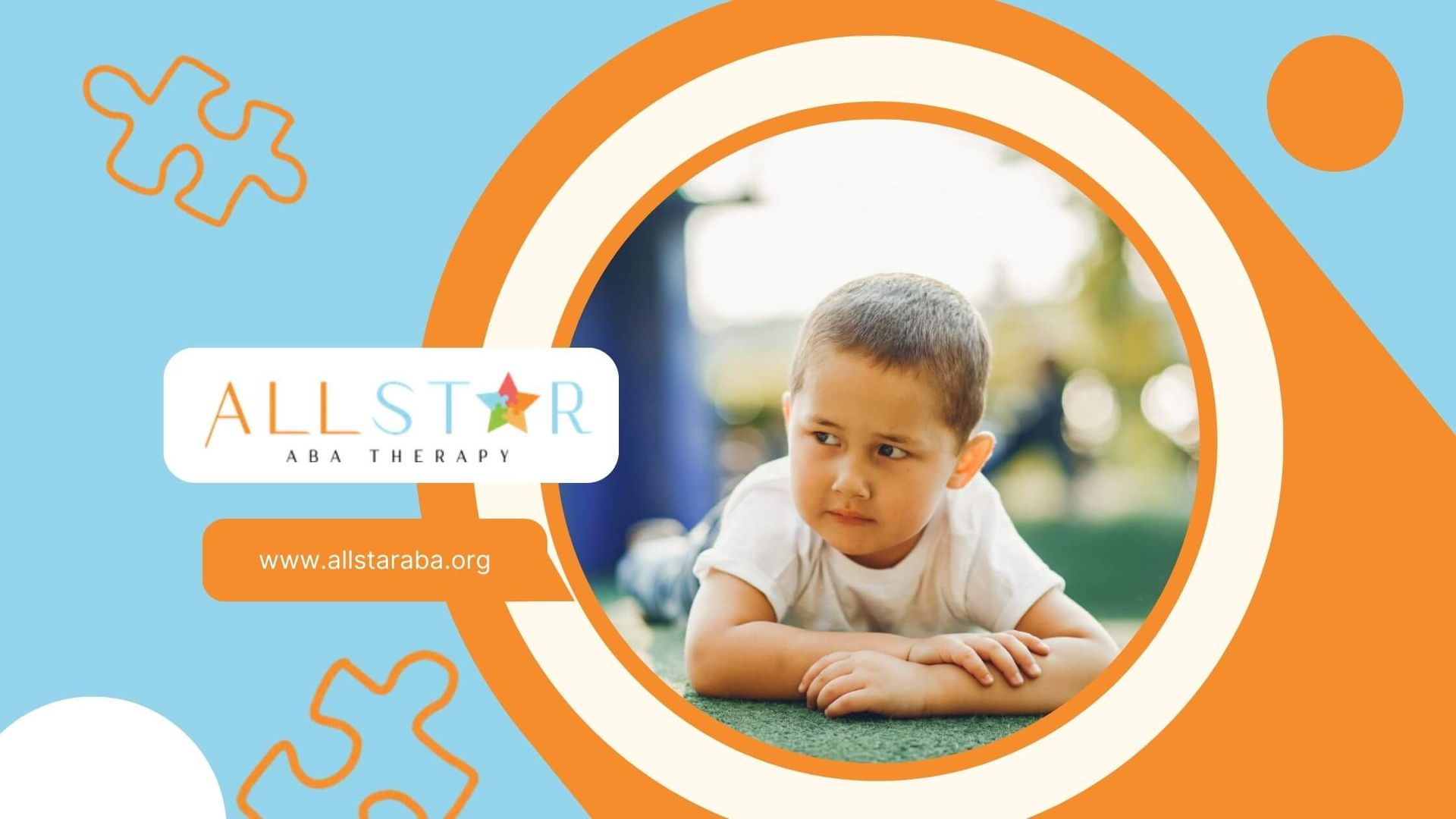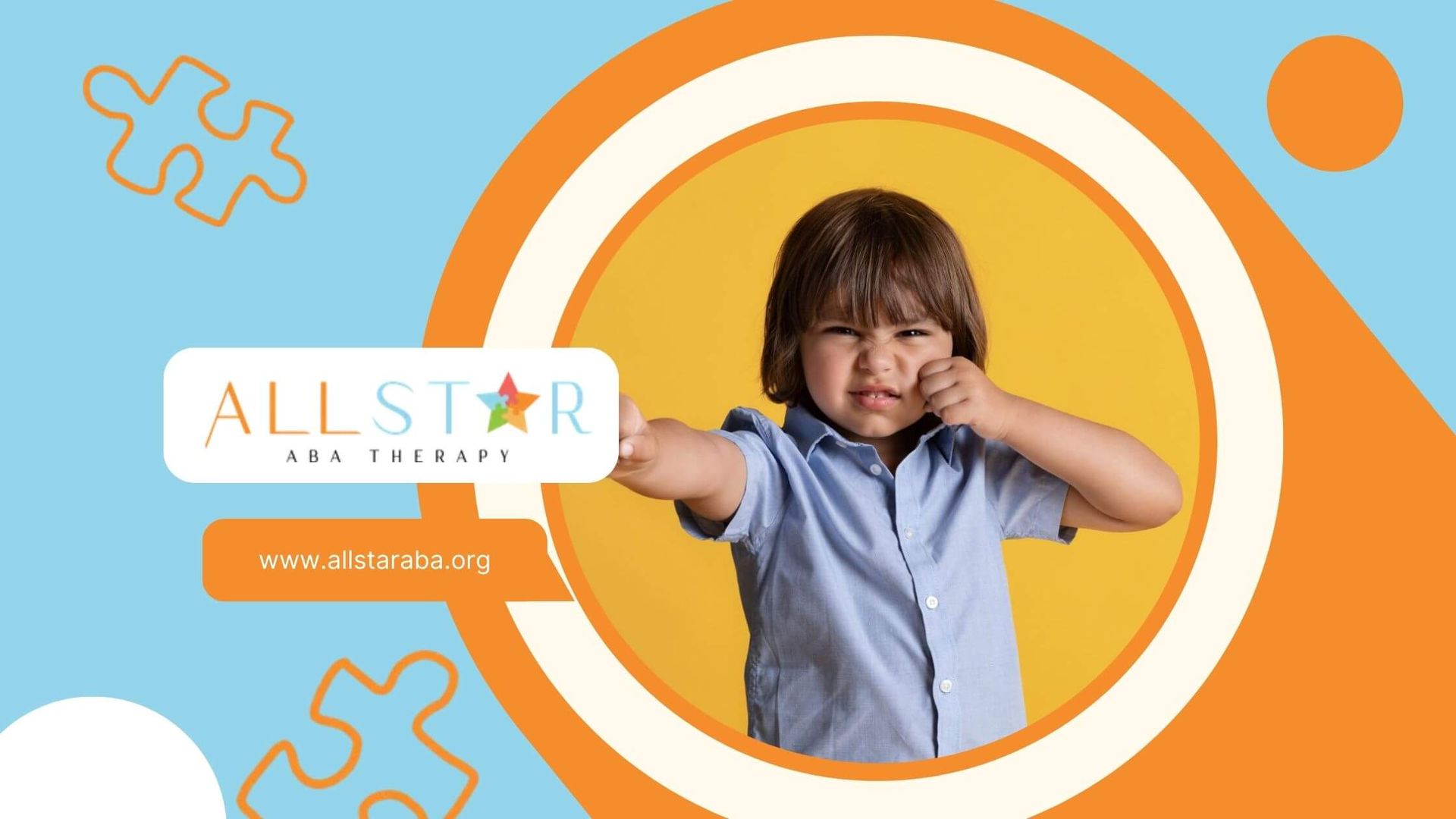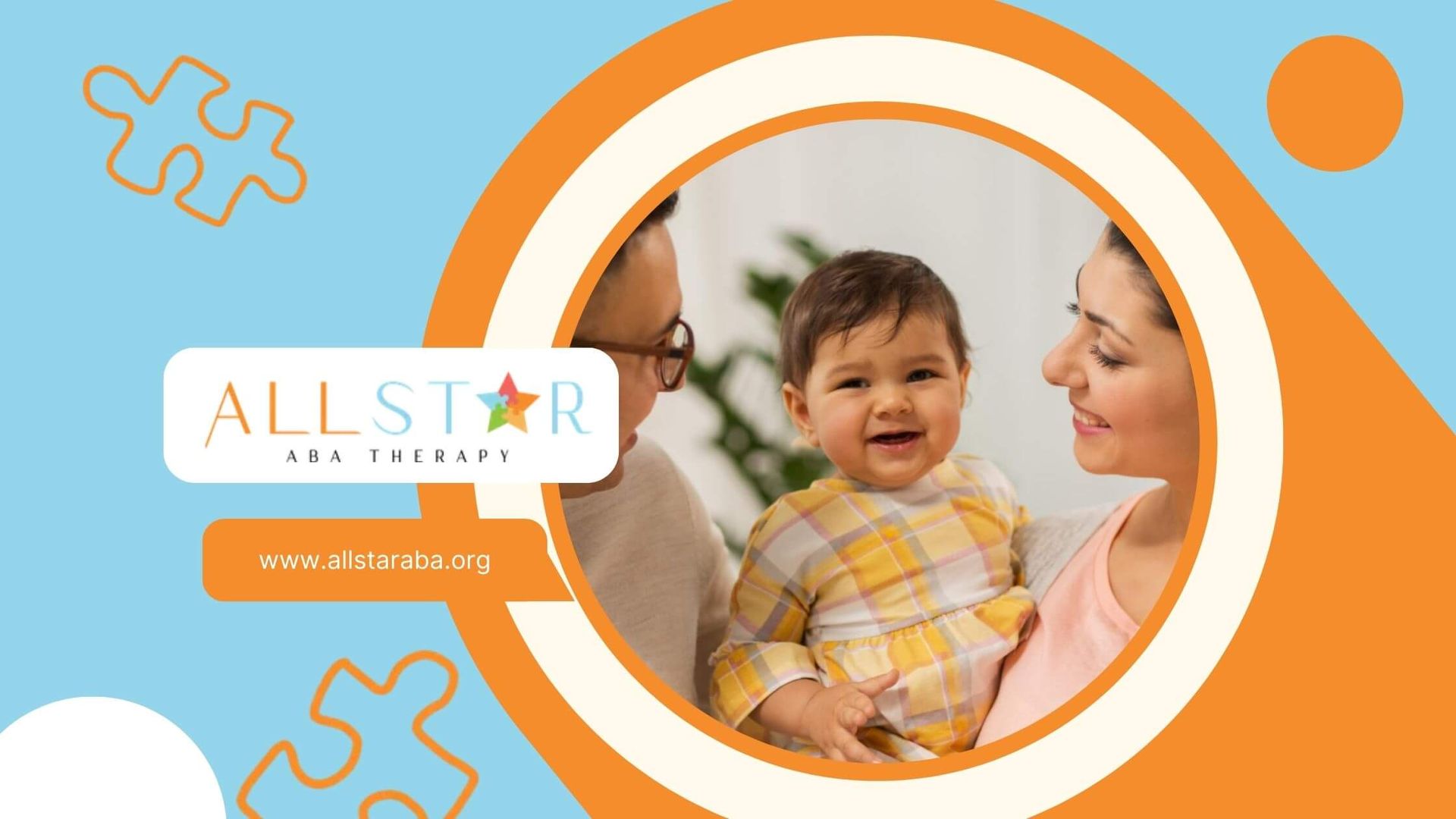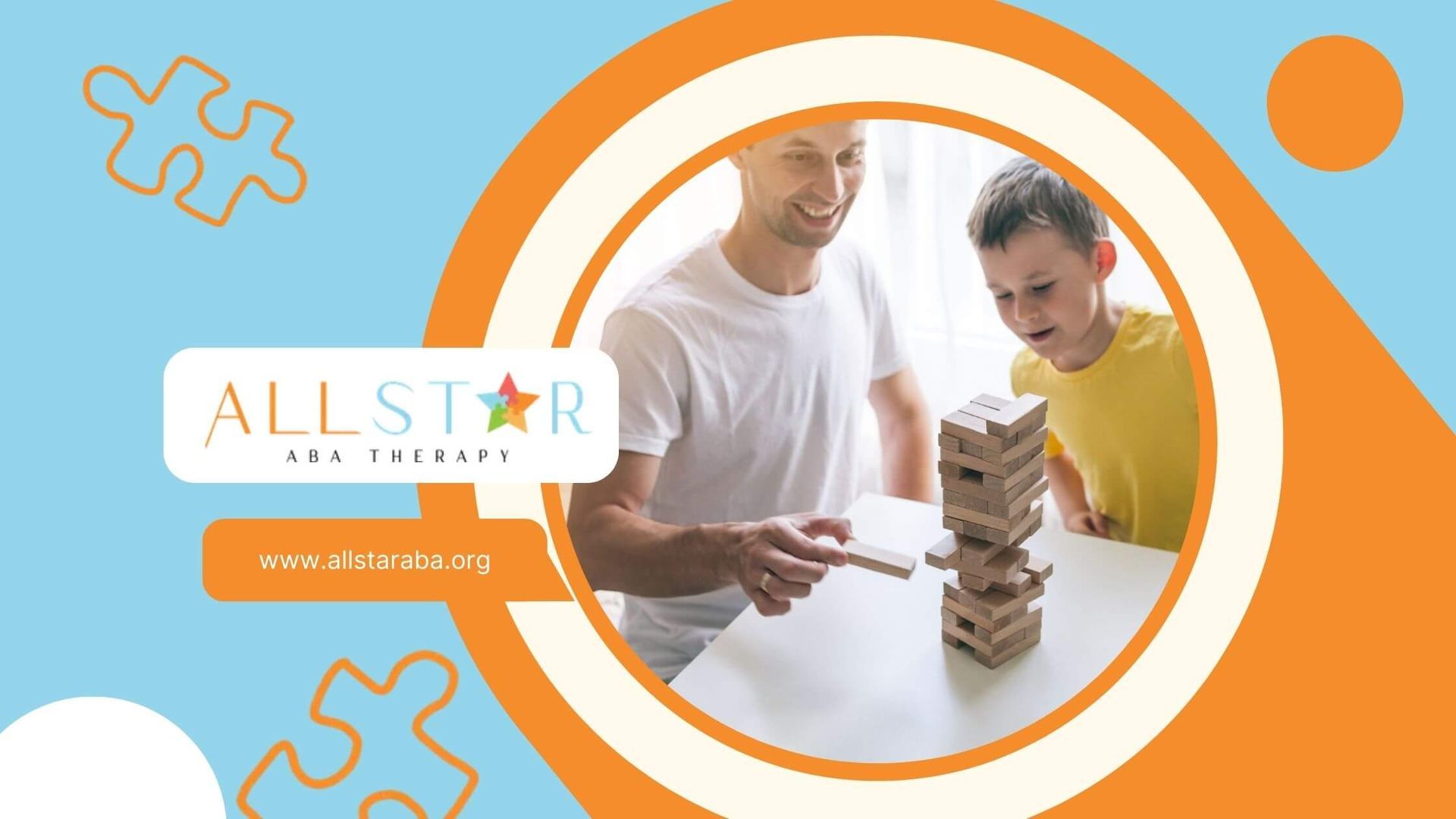New Paragraph
Is Bill Gates Autistic? Exploring His Journey with Autism
Key Highlights
- The question of whether Bill Gates is autistic stems from behavioural observations, including his rocking motion, monotone speech, and limited eye contact.
- Autism Spectrum Disorder (ASD) is a neurodevelopmental condition known for its influence on communication and social interactions.
- Public perception connects Gates’ intense focus and obsessive interests to characteristics of a spectrum disorder.
- Examining autism among prominent figures can raise autism awareness and challenge misconceptions.
- Discussions about Gates highlight the importance of thorough evaluations over non-professional diagnoses.
Let’s explore these points in greater depth below.
Introduction
The possibility that Bill Gates is autistic has sparked curiosity among many people. Autism Spectrum Disorder (ASD) is a condition related to brain development. It has clear traits like difficulties with social interactions and repetitive behaviors. Some of Gates' actions, like rocking back and forth and not making eye contact, have led people to think he might be on this spectrum. However, there has been no official diagnosis, so this remains a topic of speculation and discussion.
Exploring the Speculation About Bill Gates and Autism
People often talk about Bill Gates and the idea that
he may have autism. This comes from how he acts in public. Some traits linked to autism spectrum disorder, like his monotone voice and little eye contact, make people wonder if he has a different way of thinking. His strong focus on certain subjects, such as technology and helping others, also reminds some people of traits seen in those with autism spectrum disorder.
Public Perception and Behavioral Observations
The way people see public figures can greatly affect talks about neurodiversity. Many look at Gates’ habits, like not making eye contact and his rocking motions, as signs of autism spectrum traits. While these behaviors are noted, they are part of a larger story shaped by how the public views them.
People often talk about Gates’ struggle with eye contact, which is linked to ASD. But opinions can differ, and not all issues with social communication are only about autism. The habit of diagnosing public figures based on what we see shows how much society likes to label behaviors.
So, what leads to these observations? Gates’ unique style in conversations sometimes skips small talk, similar to traits seen in those on the autism spectrum. But without thorough checks or official proof, these views stay more like guesses than facts.
Analysis of Bill Gates’ Communication and Social Patterns
Bill Gates shows communication habits that make people curious about neurodivergence. His flat voice and choice to avoid small talk make him an unusual communicator. These traits often relate to autism but could just be part of his unique personality instead of a diagnosis.
Gates' social skills make him seem reserved. He values logic more than casual conversations like small talk. This behavior might be similar to autism spectrum disorder (ASD) where clear communication is preferred over talking about feelings. Gates also has a clear way of sharing his ideas, which adds to his unique style.
But avoiding small talk doesn't automatically mean someone has autism. Many people do well in work or focused talks, but are quieter in social settings. Gates shows this kind of balance. He focuses on innovation while holding onto his specific social habits. These behaviors are interesting, but they should not replace real evaluations by professionals.
The Relevance of Discussing Autism in Prominent Figures
Talking about autism in public figures like Bill Gates helps us learn and raise awareness. Noticing that bright people can be neurodivergent adds to important talks about acceptance. This helps us understand and embrace different ways of thinking.
People often wonder about Gates, which ties these conversations to how society views success. It shows that neurodivergent people can do great things. It's important to be curious while also being respectful. This approach can lead to real change in how society thinks about autism.
How It Influences Autism Awareness
Including public figures like Bill Gates in talks about autism spectrum disorder helps spread the word about neurodiversity. His known obsessive interests, high intelligence, and large impact in the tech industry reflect traits often seen in people with ASD. These links encourage more in-depth conversations about the strengths that autistic people offer.
Programs that focus on neurodiversity hiring, pushed by important companies, show the value of supportive workplaces. By highlighting unique skills, these efforts help autistic people in their careers. Gates’ traits fit well with what is valued in creative fields.
Raising awareness is not just about Gates—it shapes how the public sees the spectrum of autism. Discussions about success stories and real-life examples drive home the message of acceptance and the need for inclusive practices. Well-known figures inspire positive changes for neurodivergent communities all over the world.
Effects on Public Understanding and Acceptance
Discussions about Bill Gates and autism lead to important talks about how people understand and accept neurodivergence. By connecting Gates' traits from the spectrum disorder with successful stories, the misconceptions about autism become clearer to society.
The conversations look closely at how Asperger's syndrome is shown in public. Acceptance rises when people start to see autism as a special way of thinking instead of a weakness, changing old ideas. Watching Gates makes us feel more for those facing challenges like social interaction.
Also, well-known examples help us celebrate diversity. Whether it’s dealing with repetitive behaviors or achieving big goals, neurodivergence enriches our society. Acceptance is tied not to labels but to valuing each person’s unique traits, leading to greater inclusivity.
Understanding Autism Spectrum Disorder (ASD)
Autism spectrum disorder (ASD) is a complicated condition that affects how the brain develops. It shows differences in social skills, communication skills, and behavior. People with autism spectrum disorder may have strong interests and focus deeply on specific topics. They can also find it hard to understand social cues and interact with others. Some may repeat certain actions or have a narrow range of interests. A thorough evaluation by professionals is very important. It helps to understand each person's unique experience with autism.
Key Symptoms and Behaviors of ASD
ASD symptoms include different social, behavioral, and communication issues. People on the spectrum often display repetitive behaviors. They tend to stick to routines, which can give them comfort but may also make it hard to adjust to new situations.
Social interaction can be tough for those with ASD. They might avoid eye contact or find it hard to read social cues. These challenges can affect how they connect with others and may need special ways to communicate.
Many people with ASD have focused interests, like technology or science. This strong focus can lead to success in those areas. Understanding the symptoms of ASD helps create better acceptance and support for these individuals.
The Spectrum Nature of Autism
Autism is known as a "spectrum disorder," which means it can look very different from one person to another. Some people with autism have strong interests, while others face challenges with social cues, repetitive behaviors, and learning activities.
The autism spectrum shows many unique paths. People on the spectrum can be anything from famous inventors to quiet speakers. Common traits include different emotional reactions, sticking to routines, and unique ways of processing information.
This variety encourages new ideas in teaching and therapy. Focus on personal evaluations helps each person get support for their growth. The autism spectrum contains many different stories; every person's experience should be heard and respected.
The Impact of Obsessive Interests in ASD
Obsessive interests are a key part of autism. They can lead to great personal success. When people focus intensely, they dive deeper into their chosen topics. This helps them grow their unique skills and knowledge.
These interests affect their work and improve their lives in social, emotional, and intellectual ways. For example, Gates shows how a love for technology can spark personal success. Let’s take a closer look at this.
Contribution of Special Interests to Personal Success
Special interests can change lives for people on the autism spectrum. They help them become experts in specific areas, just like how Gates focuses on technology. This strong dedication uses creative energy and opens up new career options.
But to succeed, it’s important to balance strong focus with using resources wisely. When people share their different passions, they prepare themselves better for their jobs. Autistic people show us that their unique strengths can lead to amazing results, from improving global health to creating new tech solutions.
By supporting obsessive interests in a smart way, neurodivergent individuals can thrive in inclusive spaces that fit their goals. Gates is a great example of how following your passion can lead to success.
Case Study: Bill Gates and His Technological Focus
Bill Gates' life shows how strong focus can shape important achievements. He has changed the world of personal computers and has also led charity efforts through careful use of data. Gates shows a kind of dedication that is like what people with spectrum disorder may have for specific subjects.
His deep focus in the industry helps him make a big impact every year around the world. Watching Gates can change how people think about focused interests. It shows how these interests can help solve problems and encourage more inclusive views in society.
Addressing Common Myths About Autism
Misunderstandings about autism spectrum disorder (ASD) are common. They often come from not knowing enough. Many think that all autistic people lack social skills or always show repetitive behaviors. This isn’t true. Autism has many different traits and ways of communicating. Public figures like Bill Gates help to change these ideas. They show that neurodiverse thinkers can do well in their personal and work lives. It is important to know these details. It helps us create a more accepting society that values neurodiversity.
Separating Myths from Facts
Many myths about autism spectrum disorder make it hard for people to understand. Some think autistic people have no social skills at all. But the truth is they just process social cues in a different way. Bill Gates is a good example. He is often seen as really smart and having specific interests. These traits are not just linked to autism, but many people misunderstand this. It is important to address these myths to help create a better understanding of neurodiversity. When we understand the reality of ASD, we can offer better support and acceptance for those facing their own unique experiences.
The Risks of Non-Professional Diagnoses
Misunderstandings about autism can cause people to make unqualified diagnoses. These are often based on what they see on the surface. Such assumptions miss the complexity of autism spectrum disorder (ASD). This can lead to labeling and stigmatizing individuals. Getting these details wrong can stop someone from getting the important help or services they need. Relying on personal views rather than a thorough evaluation ignores the different ways that people with ASD process information. It is important to recognize that professional evaluations are crucial for creating an accurate awareness of autism spectrum disorder.
Conclusion
Understanding autism spectrum disorder (ASD) can help us see many parts of Bill Gates' life and achievements. Traits like intense focus and specific interests, which are linked to ASD, can influence how someone thinks about innovation. It’s important to promote awareness and acceptance of different ways of thinking. Welcoming diverse minds can make our communities better and push forward progress. This is clear from the work of important people in the tech industry. In the end, it’s these unique viewpoints that lead to great things.
Frequently Asked Questions
What Is Autism Spectrum Disorder?
Autism Spectrum Disorder (ASD) is a brain development condition. It creates difficulties in social interaction, communication, and causes repetitive behaviors. The severity of ASD can vary. This means it affects people in different ways. Some individuals may show unique strengths while facing certain challenges during their lives.
SOURCES:
https://www.axios.com/2025/02/03/bill-gates-interview-autism-spectrum
https://www.ndtv.com/world-news/bill-gates-ndtv-interview-autism-spectrum-diagnosis-microsoft-source-code-my-beginnings-memoir-7630467
https://e.vnexpress.net/news/tech/tech-news/tech-billionaire-bill-gates-admits-he-would-be-diagnosed-with-autism-if-growing-up-today-4880227.html
https://www.psychiatry.org/patients-families/autism/what-is-autism-spectrum-disorder
https://www.cdc.gov/autism/signs-symptoms/index.html
https://raisingchildren.net.au/autism/behaviour/understanding-behaviour/special-interests-autistic-children-teenagers
https://www.webmd.com/brain/autism/features/autism-myths-facts
Need Support?
We're Here to Help!
Our experienced team is ready to assist you. Reach out today to discuss how we can support your child's development and well-being.
Get started with expert ABA therapy today.








